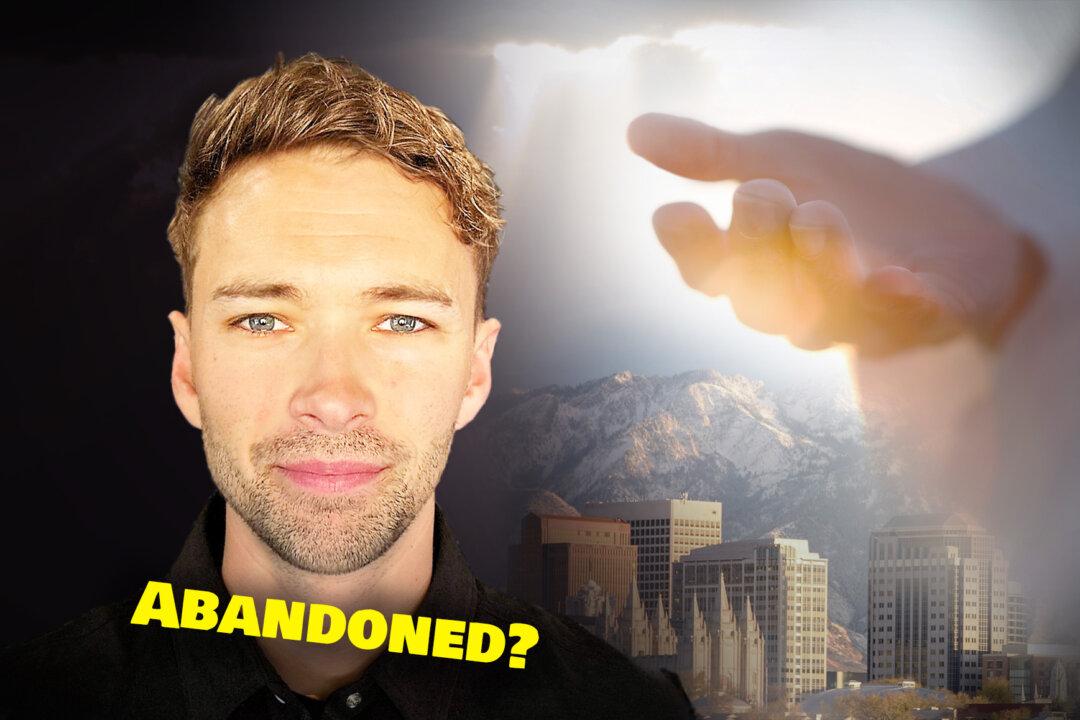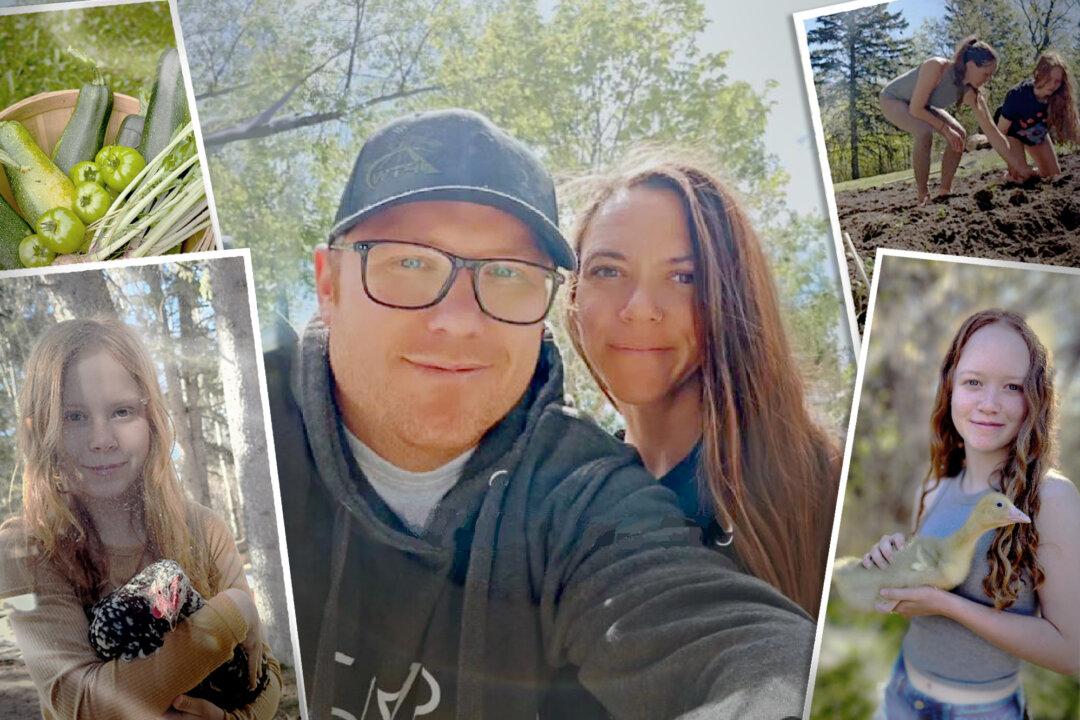When patients step into the office of physiotherapist Austin Lake for treatment he wants to offer them a reassurance and clear the air about something dear to his heart: he is unashamedly a Christian.
“I don’t get into religious conversations unless [my clients] kind of want to,” Mr. Lake, 35, told The Epoch Times, though he broadcast his beliefs openly on his podcast, hoping to undo any misunderstandings. There has been rifting.
From experience and research, Mr. Lake, a Colorado-based functional medicine practitioner, is convinced that following the Bible in earnest isn’t incongruous with practicing medicine. Just the opposite. It helps healing.
But not everyone was persuaded.
This led to an abrasion when a client lost trust in him.
The story of how his religion and chosen profession clashed began with his sojourn into Western medicine some years ago and, earlier, with what he calls “God’s providence” after his brother’s late-stage leukemia diagnosis. The coincidence of their father being stationed in Salt Lake City where a cancer specialist was able to save the boy’s life supplied Mr. Lake, then a teenager, with his understanding of how God operates and how miracles work.
That cancer specialist was a modern medical practitioner. The “miracle” they witnessed sparked Mr. Lake’s career.
He chose to become a physiotherapist in Utah, but now runs his clinic in Colorado, mostly helping treat menopausal women, focusing on alternative and herbal remedies. But religion remained instrumental in his life—and his professional life. Despite criticism, Mr. Lake sees no discord between medicine and his religion: Christianity.

“I think we use science to try to explain how God operates,” he told The Epoch Times, explaining their connection. He noted that “a lot of really wise scientists on their deathbed” reached this conclusion and “Albert Einstein was one of them.”
One prescription he does give—which he cannot help in coaxing his patients toward wellness—is his biblical worldview. On his podcast, he shared his belief that “our bodies are temples of the Holy Spirit,” which “connects to our health” and “can influence our decisions.” He aired his view that “it’s hard to be healthy in a day and age where there’s not much self-discipline and not much encouragement to be disciplined.”
The Bible refers to “gifts of the Holy Spirit,” he said, such as “being self-controlled and disciplined and being slow to anger.”
One of his patients heard this on social media and felt disturbed. “Then she contacted me [saying] that she didn’t agree with that, and doesn’t support that belief, and doesn’t want to work with somebody who believes that, doesn’t feel safe that she can trust my judgment,” he said.

“Then just don’t work with me if that’s how you feel, but this is who I am, and I can’t fake it, I’m not going to try to fake it,” he said. “This stuff matters to me. And I do feel like it does influence how we make decisions as Christians, specifically when it comes to honoring God with our bodies and how we make decisions with our health.”
They then parted ways.
That dovetailed with an account given by Dr. Shagufta Yasmeen, a Muslim medical director at Shifa Community Clinic in Sacramento, who helped a family choose to let a terminal relative go based on their shared faith. “I brought my faith to the family,” Dr. Yasmeen said. “I said that through our faith we are helping to make the patient more comfortable rather [than] make her suffer.”
The reason why the various camps—medicine, public health, psychology, religion, spirituality, etc.—have so little consensus is probably because they have drifted into respective silos over the centuries. Common ground is in short supply.
Mr. Lake wants to call his health and medical colleagues to a higher standard and be more open-minded. He invokes Einstein’s curiosity for “the mysteries of eternity, of life, of the marvelous structure of reality.”

“We claim to know about 5 percent of the universe, and [there’s] 95 percent that we don’t understand,” Mr. Lake told The Epoch Times. “That’s a huge challenge.”
He has opened his eyes to the wayward ways of Western medicine, he believes. He speaks openly about conspiracy theories on his podcast, deriding everything from fluoride to glyphosate, from the Flexner Report to the pandemic response. His premise about healthcare, a familiar one by now, is that the “ultra-processed food industry is what the cigarette industry was seven years ago;” Western medicine is “reductionist” and misses the big picture of human health.
The more the Colorado practitioner sought outside opinions, the more he found was “contrary to what I was being told,” he said. “And it just kind of reaffirmed my faith.”







